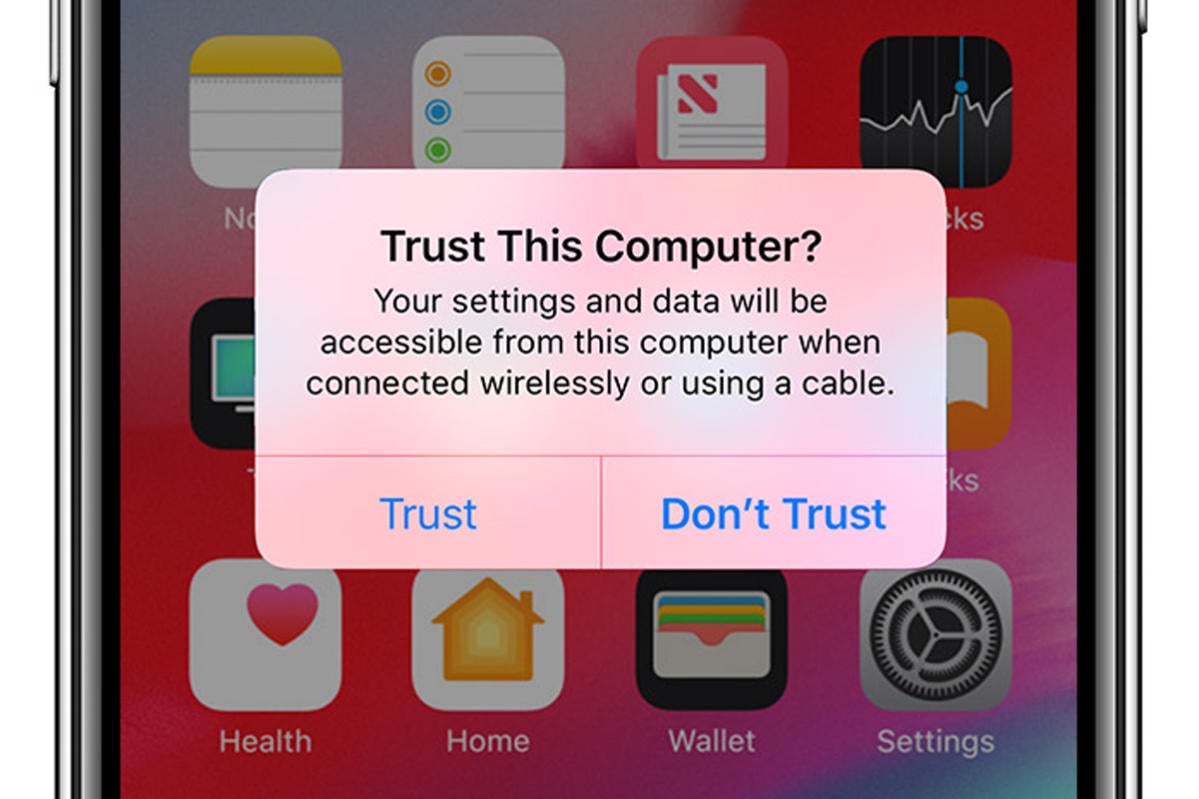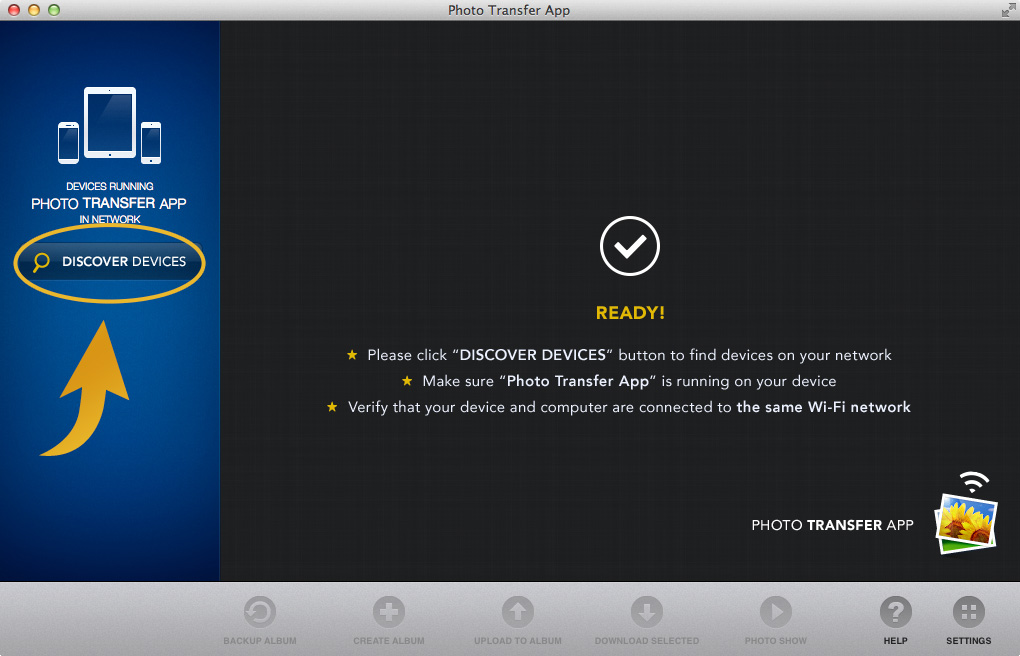- 1. Photos Transfer
- 2. Music Transfer
- 3. Contacts Transfer
Why Won't My Pictures on iPhone Import to My Computer? Photos can't import from iPhone to.
by Jenefey AaronUpdated on 2020-03-29 / Update for iOS File Transfer
“I can’t import photos from my iPhone to my Mac on Catalina. They just won’t appear on the preview. Why can't import Photos from iPhone to Mac. Anyone else having this issue?”
iPhone camera allows us to capture the memorable moments and save the tracks of our life. Sometimes we transfer pictures from iPhone to Mac to make backups and iPhoto/Photos app can be the best choice. Many people have upgraded their iPhone to iOS 13/12/11/10 to get away from the crank calls or to gain more fluent experience of watching videos. However, some users may encounter several annoying problems after iOS update, cannot import photos from iPhone to Mac is the one I came across on Apple Support Community.
Part 1: How to Fix Cannot Import Photos from iPhone to Mac
If you cannot import photos from iPhone to Mac after iOS update, below are some possible fixes for you:
- Disconnect your iPhone and plug it back to try again.
- Reset Location & Privacy on iPhone Setting
- Import A Few Photos at One Time
- Turn off iCloud Photo Library
- Restart iPhone and Mac
- Reinstall macOS Catalina
On your iPhone, go to “Setting” application > General > Reset > Reset Location & Privacy. After setting, re-connect your iPhone to your macbook and tap “Trust on iPhone” when it prompts.
Sometimes, if you are importing lots of photos from iPhone to Mac at one time, it will easily cause the photos app get stuck, so you can try to import a small fraction of photos when you can’t import photos from iPhone to Mac.
On iPhone setting, go to Apple ID > iCloud > Photos, turn off the “iCloud Photos Library”.
Part 2: How to Import Photos from iPhone to Mac
Solution 1: Get Photos from iPhone to Mac with Preview
Preview allows you to view anything on the Mac and pictures are included. Thus this is an easy way for importing iPhone photos to Mac.
- Connect your iPhone to Mac via a USB cable and then launch “Preview”.
- Click File on the left of your screen and choose Import from your iPhone.
- Select the photos you need to transfer and then click Import or Import All.

Solution 2: Transfer iPhone Photos to Mac Wirelessly
If you want to upload several pictures to your Mac and the iPhoto won’t work, Email will be the easiest way.
Open the Photos app on your iPhone and go to album, tap an album to choose the target one. Select the picture you want and tap on Share, Email. Type your Email address and hit Send. You can download the photos from your email on Mac with ease.
Solution 3: Get Photos from iPhone to Mac with Tenorshare iCareFone
To import photos from iPhone to mac successfully, we highly recommend you Tenorshare iCareFone Mac, best alternative to iPhoto to upload all your iPhone pictures, music, call history as well as other data to computer without using iTunes.
Tenorshare iCareFone now fully supports iOS 13/12/11/10 and iPhone 11/Xs/Xs Max/XR/X/8/8 Plus/7/6/SE/5.
Step 1: Run the software after free downloading and installation, connect iPhone to computer and then choose “File Manager” on the main interface.
Step 2: Choose the “Photos” icon to preview all of the photos in your iPhone.
Step 3: Select the one you need and click “Export” button to save the photos in your computer.
Iphone Photos Download To Mac
Now you have imported all your photos to computer successfully. If you still have any questions or you got any better ideas, don’t forget to leave us a message!
Video Guide
Whether you want to backup your iPhone files or you just simply want to view your images on Mac’s large screen, here you will learn how to transfer files from an iPhone over to a Mac using multiple ways.
iPhone Transfer Tips
Transfer from iPhone
Transfer To iPhone

Airdrop Tips
An iPhone is a great piece of device that can both create as well as store dozens of file types. It can store your photos, videos, documents, and many other types of files for you. Sometimes, you may need to transfer some of your iPhone files over to your Mac. There could be various reasons why you may want to do it.
Maybe you are running out of space on your iPhone and you want to transfer a few of your large files to your Mac. Or maybe you need to edit a PDF file available on your iPhone using your Mac. Regardless, the question is how do you transfer your files?
Well, there are multiple ways to transfer files from an iPhone to a Mac. You can use built-in options, official apps, and third-party apps to get your job done. The following shows all of those methods to help you do the task.
How to Transfer Files from iPhone to Mac with iTunes
You are likely familiar with the iTunes app especially if you use it to create backups of your iPhone. In addition to letting you backup your files, the app lets you transfer files from your iPhone to your Mac as well.
Iphone Move Photos To Mac
It needs utilizing the File Sharing option available in the app that lets you both copy files from iOS to Mac and Mac to iOS. The following is how you use it.
Step 1. Download and install the latest version of iTunes on your Mac if you do not already have it.
Step 2. Connect your iPhone to your computer and launch the iTunes app. When the app launches, find and click on the icon for your iPhone.
Step 3. A menu will appear in the left sidebar of the app. Find the option that says File Sharing and click on it to open it.
Access File Sharing in iTunes
Step 4. On the right-hand side panel, you will see the apps that are compatible with the File Sharing feature. Once you see your files, drag the file from the iTunes window and drop it onto a Finder window on your Mac.
Your chosen file or files will be copied from your iPhone to your Mac. You will find the file in your chosen directory on your Mac.
How to Transfer Files from iPhone to Mac with iCloud
If you have a high-speed Internet connection, you can use the iCloud service for transferring files from your iPhone to your Mac. It utilizes the iCloud Drive feature that lets you share files across your Apple devices.
Step 1. On your iPhone, open the Settings app, tap on your name at the top, and select iCloud.
Access iCloud settings on the iPhone
Step 2. On the screen that follows, turn both Photos and iCloud Drive toggles to the ON position. It will enable both of these features on your device.
Step 3. On your Mac, click on the Apple logo at the top-left corner of your screen and select System Preferences. Then, find and click on the iCloud option.
Step 4. Ensure the iCloud Drive and Photos options are check-marked.
Enable iCloud Drive on the Mac
Iphone Photos Won't Download To Mac
You will see a new folder named iCloud Drive in your Finder. Any files that you put in iCloud Drive on your iPhone will be available in this folder on your Mac.
How to Transfer Files from iPhone to Mac with AirDrop
AirDrop is the easiest way to transfer files from an iPhone to a Mac as all it requires you to do is connect both your devices to the same wireless network. As long as you meet this minimum requirement, you are good to transfer your files.
Step 1. Open a Finder window on your Mac, click on AirDrop in the left sidebar, and click on Turn On Bluetooth in the right-hand side pane.
Step 2. On your iPhone, select the files you want to transfer and tap on the share icon. Then, tap on AirDrop and select your Mac on the list.
Export Photos From Mac To Iphone

Use AirDrop to transfer files on the iPhone
It will transfer your selected files from your iPhone to your Mac. These files will be available in the Downloads folder on your Mac.
How to Transfer Files from iPhone to Mac with Cloud
iCloud is not the only cloud service you have available for iPhone to transfer your files. You can use various other cloud services as well such as Google Drive and Dropbox. Here we show you how to use Google Drive to share files from your iPhone to your Mac.
Step 1. Download, install and launch the Google Drive app on your iPhone. Sign in to your Google account.
Step 2. Upload the files that you want to transfer to your Mac in the app on your iPhone.
Step 3. Install the Google Drive app on your Mac. It will add a new folder called Google Drive to the Finder. Open this folder and you will be able to access your iPhone files on your Mac.
Access the iPhone files on the Mac via Google Drive
You can also use Dropbox in a similar way to transfer your files.
How to Transfer Files from iPhone to Mac with AnyTrans
The methods described above should work just fine if you have plenty of time available. However, if you are short on time and you would like something easy and fast, you are better off using a third-party app to transfer your files.
AnyTrans is an excellent choice when it comes to transferring files from iOS-based devices to your computer. It lets you quickly select and send files from your iPhone to any of your computers.
The following shows how to use the app on your Mac.
Step 1. Download AnyTrans and install it on your machine.
Step 2. Connect your iPhone to your Mac and launch the app. Click on More in the app to view more options available for you.
Step 3. Click on the File System option followed by the System in the left sidebar. It will let you view your iPhone files.
View iPhone files in AnyTrans
Step 4. Select the files you want to transfer to your Mac from the right-hand side pane. Then, click on the option that says To Computer at the top.
Iphone 7 Download Photos To Mac
Step 5. You will see the following when your files are transferred.
Files successfully transferred from your iPhone to your Mac
AnyTrans really makes transferring files between iOS and other devices easier than any other method for you.
The Bottom Line
If you ever find yourself in a situation where you need to transfer files from your iPhone to a Mac, you have several options available to do the task as described in the above guide.
Move Photos From Iphone To Mac
More Related Articles
Product-related questions? Contact Our Support Team to Get Quick Solution >